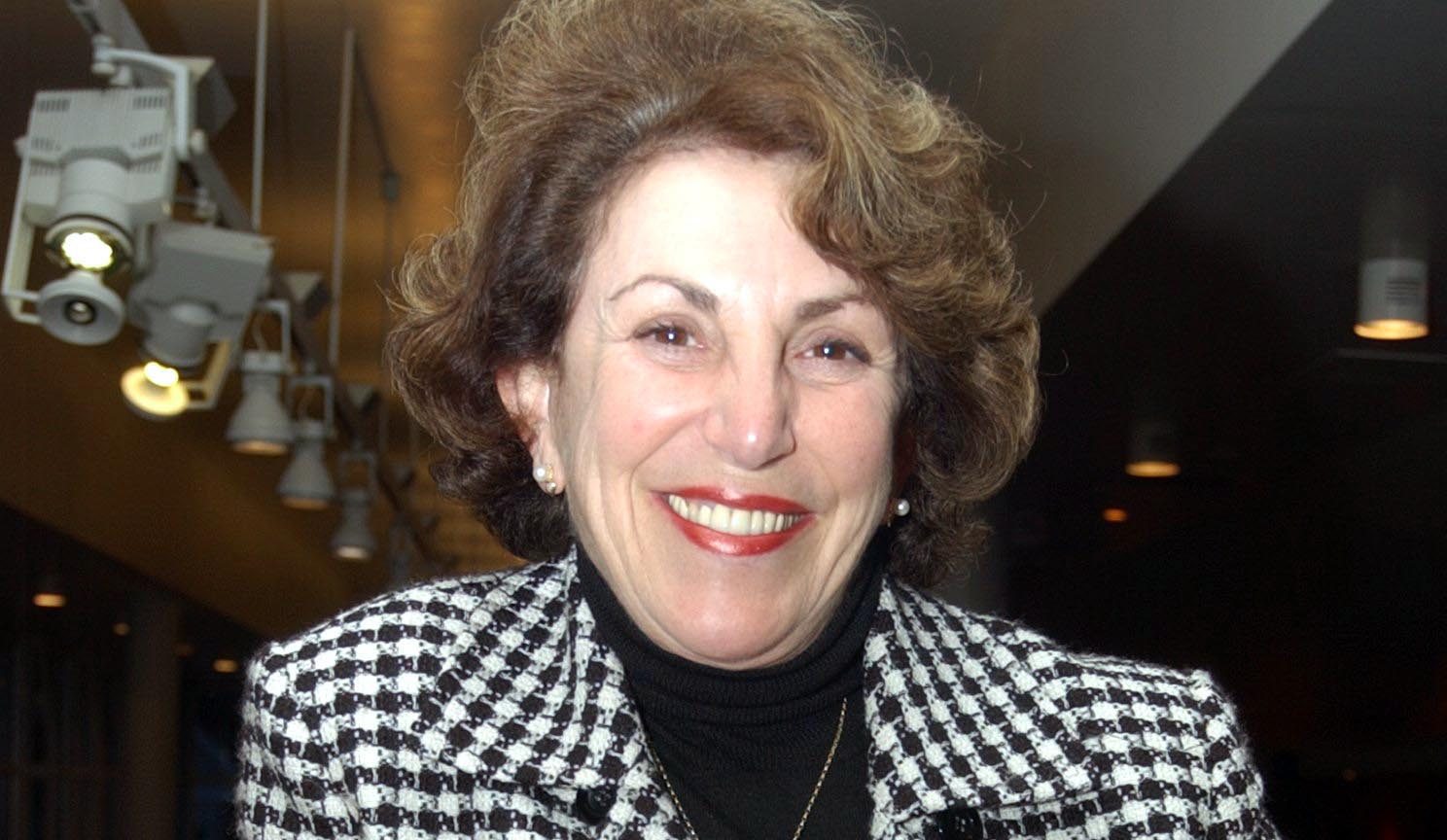Brexit, Mayism and Corbyn: Currie dishes the dirt
On Thursday 20 October, Warwick PPE Society had the great pleasure of hosting Edwina Currie, former junior health minister and Conservative MP. During the talk, Mrs Currie wowed the crowd with her famously sharp wit and argumentative style, even at one point getting embroiled in a heated exchange with a student concerning the government’s response to the refugee crisis. Thankfully, the smoke eventually cleared and Rhal Ssan sat down with Mrs Currie to discuss the state of British politics.
Some could argue that British politics has travelled a long way from the comparatively halcyon days of the Blairite consensus. Indeed, after some light small talk the mood, Mrs Currie concurred: ‘We’re in the middle of quite a divisive style of politics [with] very little crossover’ she remarked. At the moment it does seem that we have been transported to the days of Edwina’s political career in the 1980s as there is scarcely anything that the two major parties can agree on. The divide is so large today that even on issues that both parties agree, such as the pardoning of gay men convicted for gross indecency which was recently debated in Parliament, the parties cannot work together.
That’s one of the reasons why I think [Corbyn] left university after a year – he didn’t like being challenged in his thinking
Unsurprisingly, Edwina places most of the blame for this predicament on the Labour party, sparing specific scorn for Jeremy Corbyn. ‘Corbyn has never paid any attention to current trends in thinking… that’s one of the reasons why I think he left university after a year – he didn’t like being challenged in his thinking.’ Ouch.
While this may be idle speculation, Corbyn does have problems consoling the different wings of the Labour Party. In the aftermath of the no confidence vote in Corbyn’s leadership, many MPs and ex-cabinet colleagues gave Corbyn’s inability to listen to their concerns as the main reason why they had lost faith in him.
But what really lit up Mrs Currie’s face was the thought that the Tories would capture the centre ground. She was clearly optimistic for the future of the Conservative party and had full faith in ‘Mayism’ being the next great consensus in British politics.
Soon we switched towards the elephant in the room – Brexit. It was no surprise that Mrs Currie voted for remain. ‘I was always very attracted to the idea of nations that had been lobbing bombs at each other becoming friends and colleagues,’ she proclaims, although she is quick to point out that she is more concerned with the reworking of European ‘supply chains,’ which are ‘complex, efficient and cheap.’
Using an anecdote concerning Winston Churchill and Lady Astor, she claims that much like Britain’s war hero, Boris ‘tries on policies like other men try on neckties.’
When I challenged her on the Brexiteers’ argument that leaving the EU would allow our trading relations to flourish, she quietly chuckled that ‘we’ll find out in about 5 years time.’ While Mrs Currie admitted that it is likely that we will have good trading relations with countries such as China, India and Australia, she urged caution. While it is conceivable that Britain can forge free trading relationships with different countries in the world, I got the sense that Mrs Currie believes it will be very difficult.
It was quite easy to grasp that Mrs Currie had an extremely low opinion of some of the Brexiteers in her party, proclaiming that Boris’ support of vote leave was a blatant ‘career move.’ Using an anecdote concerning Winston Churchill and Lady Astor, she claims that – much like Britain’s war hero – Boris ‘tries on policies like other men try on neckties.’ The minute and a half of Boris-bashing was only brought to a close by the reassuring memory of his partial demise at the hands of Michael Gove, who turned on Boris at the eleventh hour during the Conservative leadership contest.
As the discussion came to its natural end, we discussed some of Mrs Currie’s political heroes from the past. While praising Robert Peel, Disraeli and, of course, Thatcher, I noticed that she identified some common traits in all three. Conviction, determination and an acute sense of reform peppered her descriptions, at which point I noticed that the qualities she described were qualities that she had clearly emulated in her talk and our interview. Naturally, Mrs Currie remains the impassioned, opinionated and outspoken figure that she has always been.

Comments